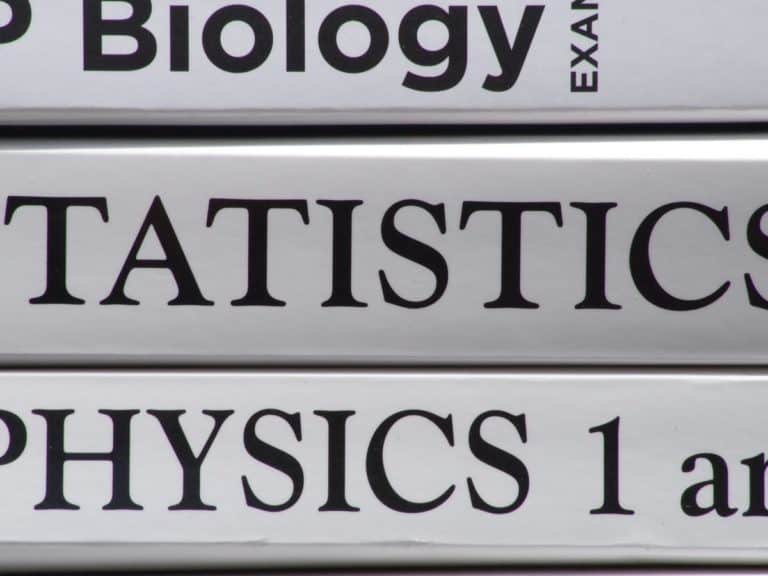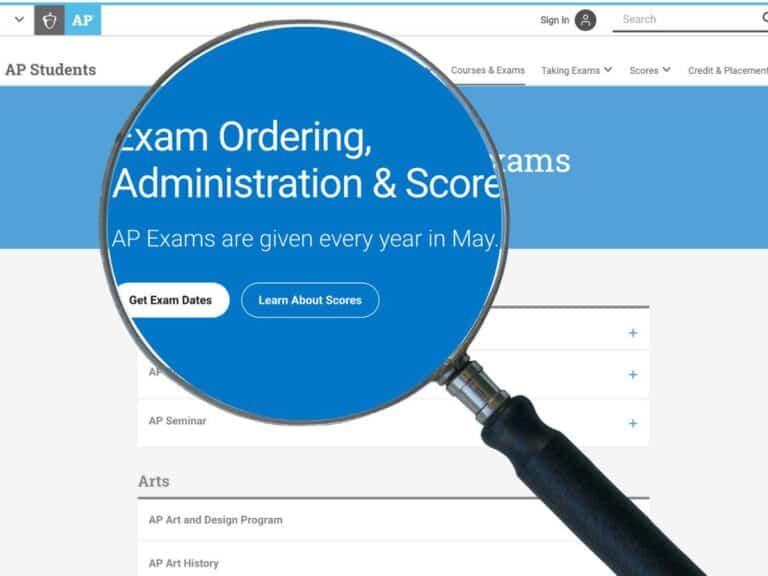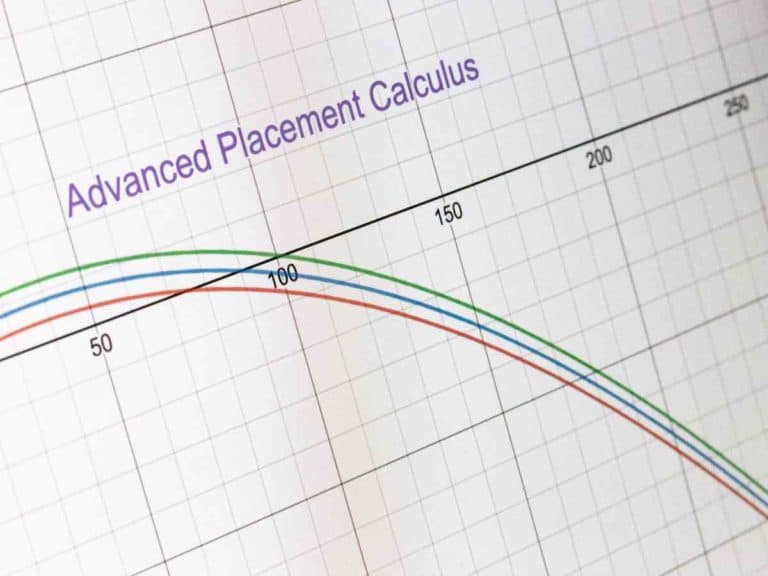How Hard Is AP Spanish
Spanish is spoken by about 42 million people in the United States. About 7.5% of the world’s population speaks Spanish.
Spanish is the official language in 20 different countries and the second-most spoken language across the globe after Mandarin Chinese.
The US Department of State has said that it takes 24-34 weeks or 600-750 hours for English speakers to learn Spanish, so try to study as hard as you can.
It will be difficult, but it will be worth it!
Taking AP Spanish will develop your Spanish-speaking skills.
You will also learn about the histories and cultures of countries where Spanish is spoken.
The use of various materials that are written and spoken in Spanish such as books, articles, films, and music, is a part of the curriculum.
Planning on registering for AP Spanish? Read on!

Is AP Spanish Worth It
The main purpose of taking any AP class is to succeed on the AP exam at the end of the year to get college credits.
When a student takes AP Spanish, the teacher is going to do their best to provide the materials, lectures, and activities that will help their class succeed.
In order to understand the Spanish language, students must learn how to:
- Speak
- Read
- Write
- Listen
- Recall grammar and vocabulary words
When students combine these learning skills, they can eventually master the language of Spanish.
Teachers, or profesors/profesoras in AP Spanish classes, are going to use a variety of activities and materials to help you learn these different language skills.
This is extremely helpful for the student, especially because the AP exam will use a variety of methods to test students on their language mastery.
Educators will use worksheets to help students comprehend the language and learn how to write out the Spanish words.
They will also use a variety of recordings so students know how to listen to the language.
There also might be activities in the classroom, such as facilitated conversations, role-playing, plays, etc. to help students feel more comfortable with speaking the new language.
At the beginning of the year, teachers will most likely go over grammar so that students can refresh what they have learned, or so they can create a solid foundation before moving on to more rigorous work.
Once students gain a good base of knowledge, they will be able to master verb conjugations such as stem changes and irregular verbs.
Students are also required to know where the accent marks need to be placed on certain letters.
Accents on certain letters are important in the Spanish language because it adds stress to a certain vowel, which can completely change the meaning of the word.
This is also important in AP classes because students are required to write essays in Spanish.
Correct spelling and grammar will be crucial in this setting.
Should You Take AP Spanish
There are a variety of reasons why you should consider taking AP Spanish.
First of all, learning a new language helps expand your mind and is a great tool for memorization. You will surprise yourself with all the new words and skills you will be able to learn.
Spanish is also a great tool to use in your community so you can reach out to people at work or in school.
Not only is learning Spanish helpful, but it is also enjoyable, and research shows that learning a second language can boost your confidence.
In addition, you will be able to receive college credits for taking AP Spanish.
If you plan on having a career in language interpretation, international studies, or teaching, you will be able to complete college at a faster rate and get started with your chosen occupation.

What Classes Should You Take Before AP Spanish
If you are a non-native Spanish speaker, it would be best to create a foundation before taking on a college-level course.
High schools will often offer lower-level Spanish classes so you can start learning the alphabet, numbers, time, greetings, present-tense conjugation, and so on.
In many cases, you will have to know all of the verb tenses for AP Spanish, so it would be good to get a year or two of Spanish classes under your belt before taking the plunge into a college-level course.
Although it is not a prerequisite, it would be helpful to take other AP or honors courses that are not language programs so you can prepare yourself for the workload.
AP and honors classes are often rigorous and require a great deal of time and effort, so it would be best to see how you do with one class before moving on to something as difficult as AP Spanish.
Where to Get Help With AP Spanish
Fortunately, there are many online resources for students to help with Spanish (not including Google Translate of course).
On the College Board website, there is even a helpful link to audio files that can help you prepare for the multiple-choice section of your test.
You can also go to tutoring websites such as Khan Academy or Varsity Tutors to get more practice time.
If you are struggling with AP Spanish, feel free to talk to your teacher or counselor so they can provide you will the help that you need. Learning a new language is not an easy feat, so don’t be afraid to step out of your comfort zone and ask for some extra help.
Is the AP Spanish Exam Hard
The AP test for Spanish can be quite rigorous, especially since it lasts for about 3 hours. 25% of test-takers got a 5 (the best score for an AP exam) on the AP Spanish exam last year, according to the College Board.
The AP Spanish exam costs $96 in the US and $126 outside of the US.
This might sound like an expensive test, but think about all the money you will save from not having to take a college course!
According to the AP Spanish Language and Culture Course and Exam Description, the exam is challenging, with 3 different sections to test students’ Spanish mastery.
Part I of the test has 65 multiple-choice questions that test students on text and audio.
Part II of the exam has 4 different free-response questions that make up 50% of the exam grade.
The test also utilizes a variety of themes about families, societies, artwork, the influence of language, technology, and environmental and political changes (p. 161).
How Hard Is AP Spanish for Non Native Speakers
AP Spanish is a rigorous language course for non-native speakers since grammatical, tense, and vocabulary terms must be learned and memorized.
Any time you try to learn a new language, such as Spanish, it can be quite difficult to master it. If you combine the study of a new language with an AP class, students must be willing to put in a lot of time and effort to be successful.
Is AP Spanish Hard for Native Speakers
According to multiple first-hand reports, AP Spanish is not hard for native speakers, provided they can read and write Spanish reasonably well.
However, it is always a good idea to try practice tests before taking the exam to make sure that you understand the structure of the test.
Disclaimer: The views and opinions expressed in this article are those of the authors and do not necessarily represent those of the College Reality Check.





